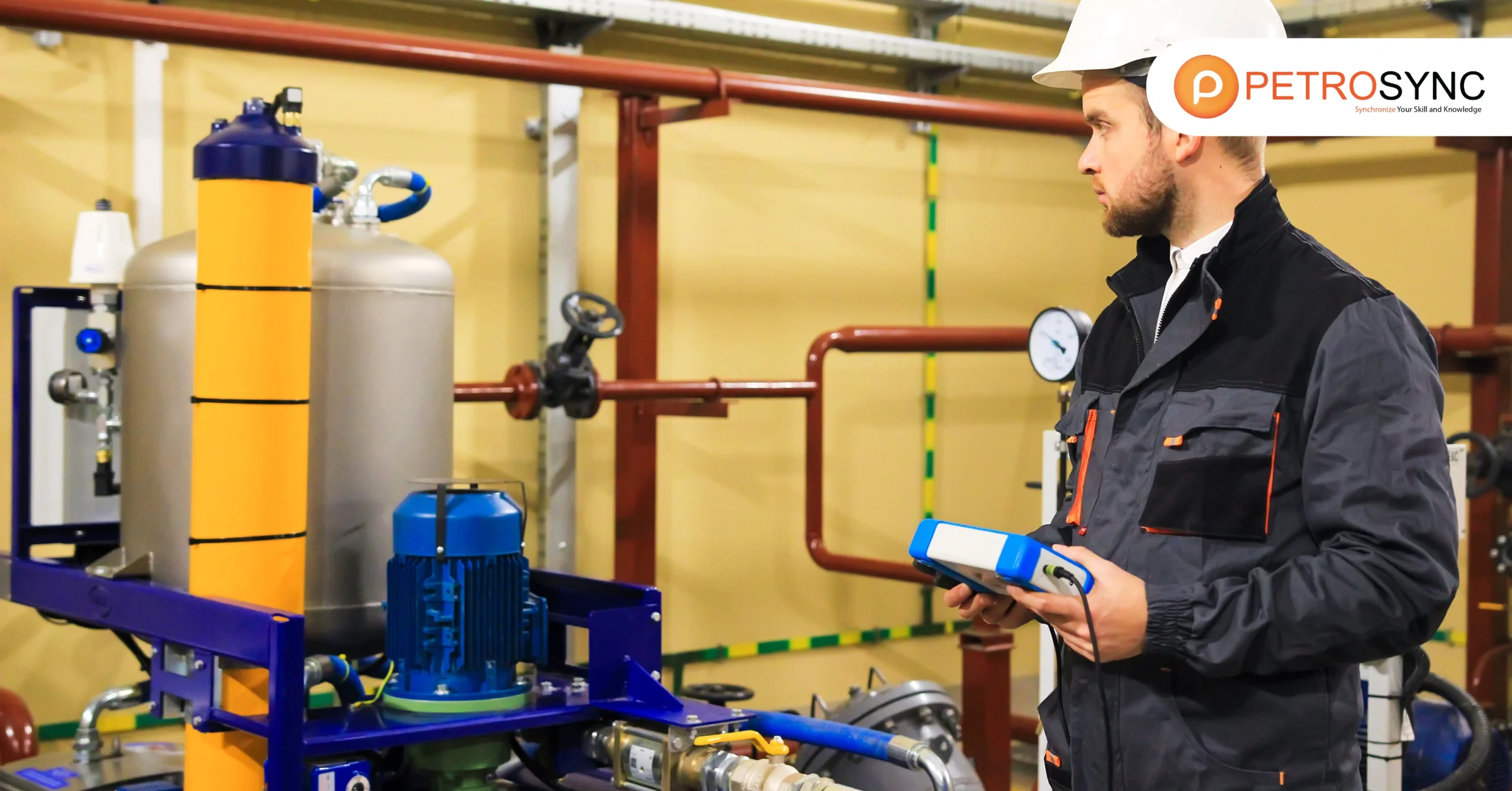Embarking on the journey to learn API 936 Effectivity Sheet is a precise and successful approach for those involved in refractory design and inspection. This detailed document, created by API, acts as a guide, providing essential knowledge about standards and best practices for materials and equipment in the oil and gas sector. Read on to know the publications covered in the API 936 exam effectivity sheet.
What Is The API 936?
The API 936 is a document that outlines the guidelines and standards for materials and equipment used in the construction and inspection of industrial facilities, particularly those in the oil and gas sector. This comprehensive guide, provided by the American Petroleum Institute (API), ensures that inspection and quality assurance professionals adhere to industry best practices, fostering safety, reliability, and compliance with set standards.
Passing the API 936 exam demonstrates a deep understanding of these crucial guidelines, making it a significant certification for individuals involved in materials and inspection engineering within the specified industries.
What Is the API 936 Exam Effectivity Sheet?
The API 936, or the API 936 Exam Effectivity Sheet, is a document that outlines the guidelines and standards for materials and equipment used in the construction and inspection of industrial facilities, particularly those in the oil and gas sector.
This comprehensive guide, provided by the American Petroleum Institute (API), ensures that professionals involved in inspection and quality assurance adhere to industry best practices, fostering safety, reliability, and compliance with set standards. Passing the API 936 exam demonstrates a deep understanding of these crucial guidelines, making it a significant certification for individuals involved in materials and inspection engineering within the specified industries.
What Are The Publications Mentioned in API 936 Exam Effectivity Sheet?
1. API Standard 936
| 4th Edition, June 2014 | Refractory Installation Quality Control Guidelines – Inspection and Testing Monolithic Refractory Linings and Materials | |
API Standard 936 is a guide that helps ensure the quality of refractory linings during installation in various industries. It covers important aspects of the installation process, such as choosing materials, mixing, curing, and bonding.
The standard also provides guidelines for inspecting and testing refractory materials. Its goal is to make sure that installations not only meet safety and performance standards but also meet the certification requirements for refractory inspectors.
2. API TR 978
| 1st Edition, March 2019 | Monolithic Refractories: Manufacture, Properties, and Selection | |
API TR 978 complements API Standard 936 by offering additional guidelines for quality assurance during refractory lining installations. It emphasizes systematic approaches, including documentation, inspection procedures, and record-keeping. By providing insights into preventive measures and industry best practices, API TR 978 is a valuable resource for professionals aiming to enhance the overall quality and reliability of refractory linings.
3. API TR 979
| 1st Edition, October 2018 | Applications of Refractory Lining Materials | |
API TR 979 focuses on assessing the effectiveness and reliability of ceramic welding technology. It covers various ceramic welding techniques and their applications in different industries. The document establishes criteria for evaluating the quality of ceramic welds, ensuring they meet required performance standards. It’s a comprehensive resource for industries using ceramic welding.
4. API TR 980
| 1st Edition, April 2018 | Monolithic Refractories: Installation and Dryout | |
API TR 980 is a guide tailored to the oil and gas industry, addressing how refractory deterioration impacts fluidized catalytic cracking (FCC) units. It explores factors contributing to deterioration, including thermal cycling, abrasion, and chemical exposure. The guide outlines inspection techniques and provides recommendations for mitigating the effects of refractory deterioration, helping optimize the performance and lifespan of FCC units.
5. ASTM C113-14 (2019)
ASTM C113-14 sets a standard for measuring changes in refractory brick dimensions when exposed to high temperatures. The test procedure includes preparing specimens, heating them, and measuring dimensional changes. The results help evaluate the performance of refractory brick materials, especially their ability to handle repeated heating and cooling cycles.
6. ASTM C133-97 (2021)
ASTM C133-97 provides standard test methods for determining the cold crushing strength and modulus of rupture of refractory materials at room temperature. The procedures involve applying controlled forces to refractory specimens, allowing for the assessment of their mechanical strength. The results are crucial for quality control, helping manufacturers and users ensure refractory materials meet specified strength requirements.
7. ASTM C181-11 (2018)
ASTM C181-11 establishes a standard test method for determining the workability index of fireclay and high-alumina refractory plastics. The workability index measures how easily these materials can be formed or molded. The results assist in understanding how refractory plastics behave during forming processes, aiding in product development and optimization for manufacturing and construction applications.
8. ASTM C704-15
ASTM C704-15 sets a standard test method for evaluating the abrasion resistance of refractory materials at room temperature. The test involves specific apparatus and procedures to measure abrasion resistance consistently. Information from this test is valuable for industries such as metallurgy and ceramics, serving as a tool for quality assurance and aiding in the selection of refractory materials for applications subjected to abrasive conditions.
What Are Some FAQs Regarding the API 936 Exam?
In API 936 Exam, here are some frequently asked questions.
1. Is the API 936 Exam difficult?
The difficulty of the API 936 Exam varies from individual to individual based on their background and preparation. However, with thorough study and dedication, many candidates have successfully passed the exam. Utilize recommended study resources and follow effective preparation tips to enhance your chances of success.
2. How often does the Effectivity Sheet update?
The API 936 Exam Effectivity Sheet undergoes updates periodically to align with industry changes and standards. It is advisable to stay informed about these updates, ensuring your study materials are current and reflective of the most recent requirements.
3. Can I retake the exam if I fail?
Yes, candidates have the opportunity to retake the API 936 Exam if they do not pass on their initial attempt. However, it’s crucial to analyze the reasons for the previous failure, adjust your study approach, and address any weak areas before attempting the exam again.
4. Are there specific study materials recommended?
While there are no specific endorsements for study materials, candidates are encouraged to use resources provided by reputable organizations, review API publications, and consider attending preparation courses. Utilize a variety of materials to ensure a well-rounded understanding of the exam content.
5. How does API 936 certification benefit my career?
API 936 certification offers several benefits, including increased job opportunities, higher earning potential, and enhanced professional credibility. It signifies your expertise in inspection and materials engineering, making you a valuable asset in industries that prioritize quality assurance.
6. What are the key changes in the 2023 Effectivity Sheet?
The key changes in the 2023 Effectivity Sheet encompass updates in inspection methodologies, industry standards, and technological advancements. These changes aim to align the certification with current industry practices, ensuring that certified professionals are well-equipped to address contemporary challenges in inspection and materials engineering.
Credit header image: Freepik

SEO specialist by day, fact-checker by night. An avid reader and content writer dedicated to delivering accurate and engaging articles through research and credible sources.






